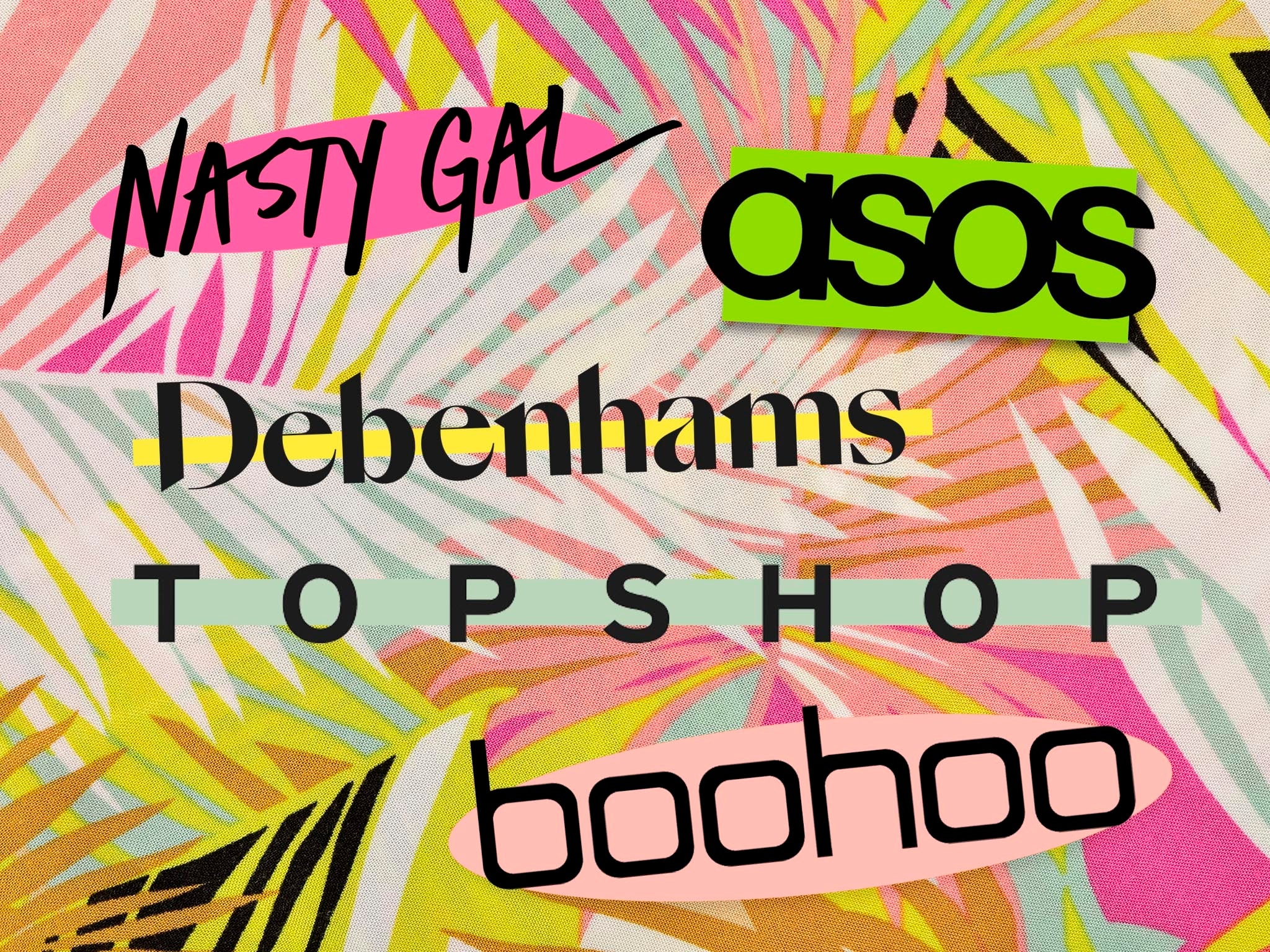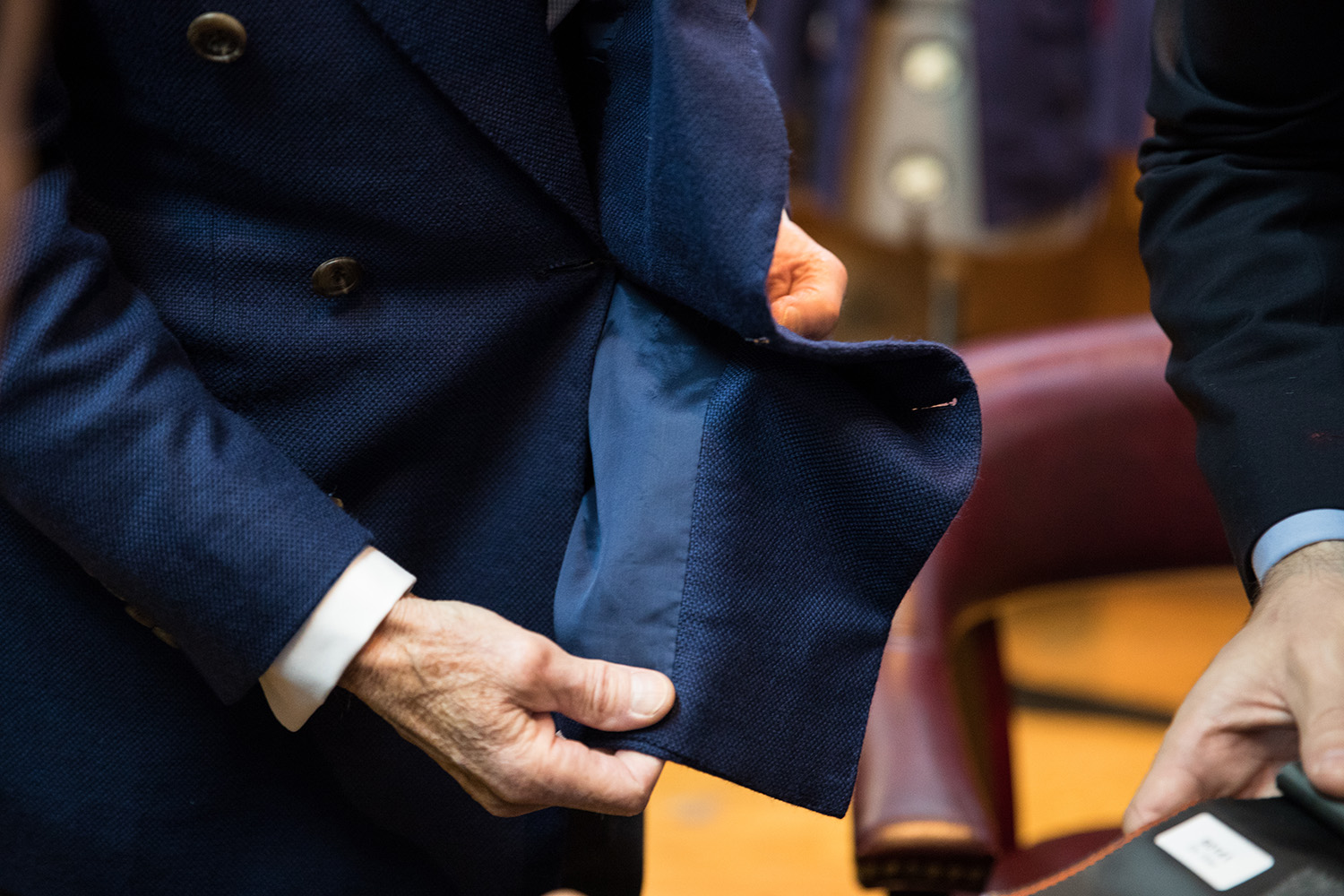Table of Contents
or those people of us who came of age in the noughties, the Saturday searching journey was a rite of passage and an action of incomparable pleasure. Obtaining missing in a large department shop, skipping amongst beauty concessions and slinging countless goods about gangly teenage arms involving gossip-stuffed outings to Caffè Nero was the closest we felt to independence.
Regardless of whether or not any precise goods ended up acquired was of minimal relevance the searching itself was essentially a small depth of the working day. What was far more noteworthy have been the experiences the outlets afforded, the bonding times concerning mother and daughter as they spoke by altering area curtains, the friendships that crystallised as we switched things with the 1 our buddy was seeking on, and the capture-ups over tremendous sweet warm candies at the stop of the day, when all people was exhausted.
It’s unhappy to consider that this may perhaps all develop into a memory of a bygone retail period – and not simply just simply because of the pandemic – but due to the fact these encounters have been rendered just about obsolete by ecommerce. On Monday, online retailer Boohoo introduced that it had acquired Debenhams for £55m – and stories are circulating that it is also in talks to purchase Burton and Dorothy Perkins. In the meantime, ASOS has now procured Topshop and Overlook Selfridge from Sir Philip Green’s Arcadia Group, which fell into administration in November.
These are seismic but predictable business moves, supplied how the pandemic has paved the way for on the net shops to prosper (ASOS claimed a 19 for each cent rise in around the globe revenue in Oct, while pre-tax gains spiked by 329 per cent), when bricks-and-mortar stalwarts, which ended up currently battling pre-pandemic, have noticed their fate additional cemented by getting physically not able to open up the tills.
In April, Debenhams referred to as in directors for the 2nd time in two a long time, when the Arcadia Group manufacturers have been dwindling because 2019, when the corporation was saved from administration right after a voluntary arrangement led to 50 per cent cuts in lease, 23 retail outlet closures, and 520 occupation losses.
All the although, on the web shops like ASOS, Boohoo, and their counterparts Very Little Thing and Horrible Gal, have ongoing to soar in level of popularity among Gen Z purchasers who, in contrast to millennials, grew up in a environment with social media, smartphones and apps for totally every little thing, including clothes browsing. Models like Topshop and Debenhams had been by no means electronic-initially, and it began to exhibit.
Boohoo and co are promoted precisely towards this demographic as a result of strategic marketing, utilizing vogue influencers with youthful followers as ambassadors and partnering with common actuality Television set shows, these as Like Island, for sponsorship specials. This will make on the web shopping the norm, anything that has only naturally solidified throughout the pandemic supplied that non-crucial retail has been shut for most of the final calendar year.
Kate Moss poses in the window of Best Shop on Oxford Road to launch her possess clothes vary on April 30, 2007.
(Getty Illustrations or photos)
This sort of marketplace shifts were inescapable, states retail skilled Clare Bailey. “The electronic revolution and the pandemic have simply just accelerated the timescale,” she tells The Impartial. “Big office shops and city centre stores have not adapted to contemporary shopper desires. Although the pandemic has performed a aspect in their demise, it absolutely isn’t the only factor.”
That stated, losing Topshop and Debenhams does not always suggest the high road is dying. Certainly, folks may possibly be accomplishing the bulk of their garments browsing on the internet currently, but the demand from customers for in-man or woman browsing will not peeter out fully. It just suggests that the practical experience is likely to improve it is time for innovation.
“Look at when Woolworths shut all 807 of its merchants in 2008,” claims Bailey. “It grew to become on-line only and all but five of these 800 outlets ended up place back into great use and have been repurposed as new retail areas that were being a lot more pertinent to the modern shopper. The British superior road is normally reinventing itself, so it’s possible that whatsoever replaces Debenhams and other high road outlets will be correct for the needs and desires of the community.”
But in a article-pandemic hyper-digitised universe, what will individuals wants and needs be? And how will they translate to a serious-daily life purchasing experience, if at all? When non-important retail reopens once again in the British isles, Bailey expects there to be a resurgence in true-existence shopping trips.
“People will be craving the social interaction that will come with going to stores in-person,” she claims. But current facts implies they will not necessarily be heading to the area city centre. “Over the last number of years, analysis has ever more identified that, if they aren’t purchasing on-line, folks sense a lot extra linked to nearby independent firms, this kind of as boutiques. They recognize the proximity to home, acquiring fewer queues, and the authenticity that will come with that expertise.”
This feels more related now than at any time just before, when models are under constant scrutiny for their moral and sustainability methods. Brands like Boohoo and Quite Tiny Point are continually criticised for perpetuating quickly vogue culture, but their stratospheric good results would recommend that buyers are inclined to turn a blind eye when it arrives to on line buys. The same are unable to be said for physical retailers, which, these days, need to provide some thing a lot more in get to be considered valuable. Take Harrods, the place crowds collected en masse on the initial put up-lockdown weekend in December. Confident, they could possibly have been heading to London’s iconic office retailer to select up a £15 tin of caviar, but the more very likely explanation is that, following 4 months in lockdown, they simply wished someplace wonderful to go.
In some ways, a changeover to this way of purchasing – 1 that feels far more indulgent and bespoke – would reflect the marketplace shifts we’ve viewed in the publishing world, with mid-vary titles like InStyle and Teen Vogue heading on the net-only, even though those at the upper echelons (imagine Vogue, GQ and Vainness Good) are investing far more into their print choices – glossier paper, espresso desk-deserving addresses – in purchase to present a higher-price and much more impactful studying encounter that are unable to be replicated on-line.
Xmas shoppers at Harrods in December 2020.
(Rex Features)
“It’s about the worth of shortage,” describes Bailey. “And though big department stores have not always tailored extremely very well to the occasions, the gap that they leave in the industry would make way for something more relevant.”
Which is the detail. As much as I cherished my procuring encounters as a teen, they ended up extremely a great deal of their time. Nowadays, I would be considerably extra probable to devote an afternoon perusing the rails in my local boutique store or vintage retailer, where by just one-off goods call for inspection and store house owners are able to discuss by way of provenance.
Meanwhile, those people big, conglomerate division outlets, exactly where the clothes are tightly packed collectively and mass-made, have somewhat misplaced their enchantment. Of program, I’ll shop on-line, much too. But only for the tedious objects that I know I will need (underwear, socks, tights). As for the fascinating ones that I in all probability really do not, you are going to obtain me searching in serious existence as quickly as the pandemic permits.



More Stories
How To Pick A Perfect Engagement Ring: A Comprehensive Guide
The Second Skin Advantage: How Compression Tops Help Boost Your Strength Training Performance
Fashion Icons You Need to Follow for Inspiration